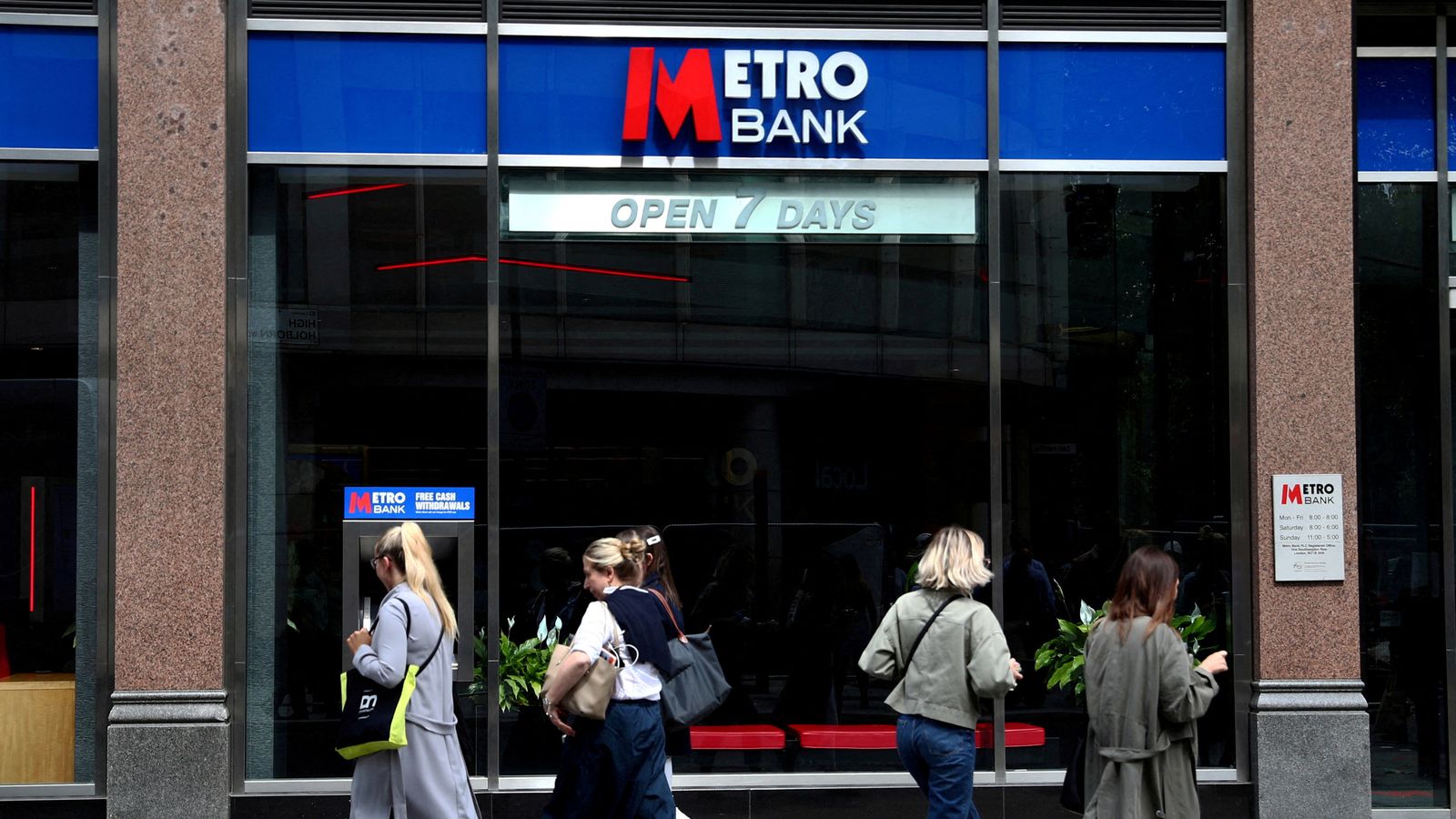Introduction to Metro Bank’s Takeover
The High Street lender Metro Bank has been approached with a takeover bid backed by private equity, in a move that could lead to another company being delisted from the London Stock Exchange.
Background on the Takeover Bid
Metro Bank has been approached in the past fortnight about an offer from private equity firm Pollen Street Capital. Pollen Street is one of the largest shareholders in Shawbrook, a mid-sized bank that has previously made overtures to Metro Bank about a merger of the two companies.
Recent Developments
In recent months, Shawbrook’s owners have made efforts to identify a potential corporate combination, which led to preliminary discussions with Starling Bank about a £5 billion tie-up and simultaneously explored plans for a stock market listing. The takeover approach for Metro Bank comes as it emerges from a traumatic period in which it came close to bankruptcy.
Metro Bank’s Financial Situation
In November 2023, the lender was saved by a £925 million rescue deal, comprising £325 million from Colombian billionaire Jaime Gilinski Bacal and £600 million of new debt. Mr. Gilinski now holds a stake of almost 53% through his investment vehicle, Spaldy Investments, and sits on the company’s board.
Restructuring Efforts
Since the rescue deal, Metro Bank has cut hundreds of jobs and sold portfolios of credit assets, while chief executive Daniel Frumkin has improved its operating performance. Metro Bank’s shares more than tripled last year as its recovery gathered pace.
Current Market Performance
On Friday, the shares closed at 112.2p, giving the company a market capitalization of just over £750 million. At one point in 2018, the lender had a market capitalization of £3.5 billion.
History of Metro Bank
Metro Bank was the first new lender to open on Britain’s high streets in over 100 years when it launched after the financial crisis in 2008. However, its branch-based model, which included gimmicks such as offering dog biscuits, proved to be out of time as many competitors shifted to digital banking.
Recent Statements
Frumkin reported in the last quarter, saying: "In the first quarter of 2025, we continued to deliver the strategic repositioning of Metro Bank, maintaining strong cost control while driving a higher net interest margin by changing the mix of assets and remaining disciplined on deposits." He also noted that the bank has "recorded further growth in our corporate and commercial loan book, where relationship banking and the breadth of Metro Bank’s services differentiate us in the market."
Operations and Challenges
Metro Bank operates from around 75 branches across the country and opened around 30,000 new personal and business accounts in the last quarter. In 2019, customers formed long queues in some of its branches after rumors on social media were circulated about financial difficulties. Days later, it unveiled a £350 million share issue in a move designed to alleviate such concerns.
Regulatory Issues
Despite its relatively short existence, the company has had a checkered history with the city’s regulatory authorities. In 2022, it was fined £10 million by the Financial Conduct Authority.
Founding and Leadership
The lender was founded in 2009 by financial services entrepreneur Anthony Thompson and Vernon Hill, an American who eventually left in controversy in 2019. Last month, it sailed through a shareholder vote without opposition to a proposal that could pay top executives up to £60 million each.

